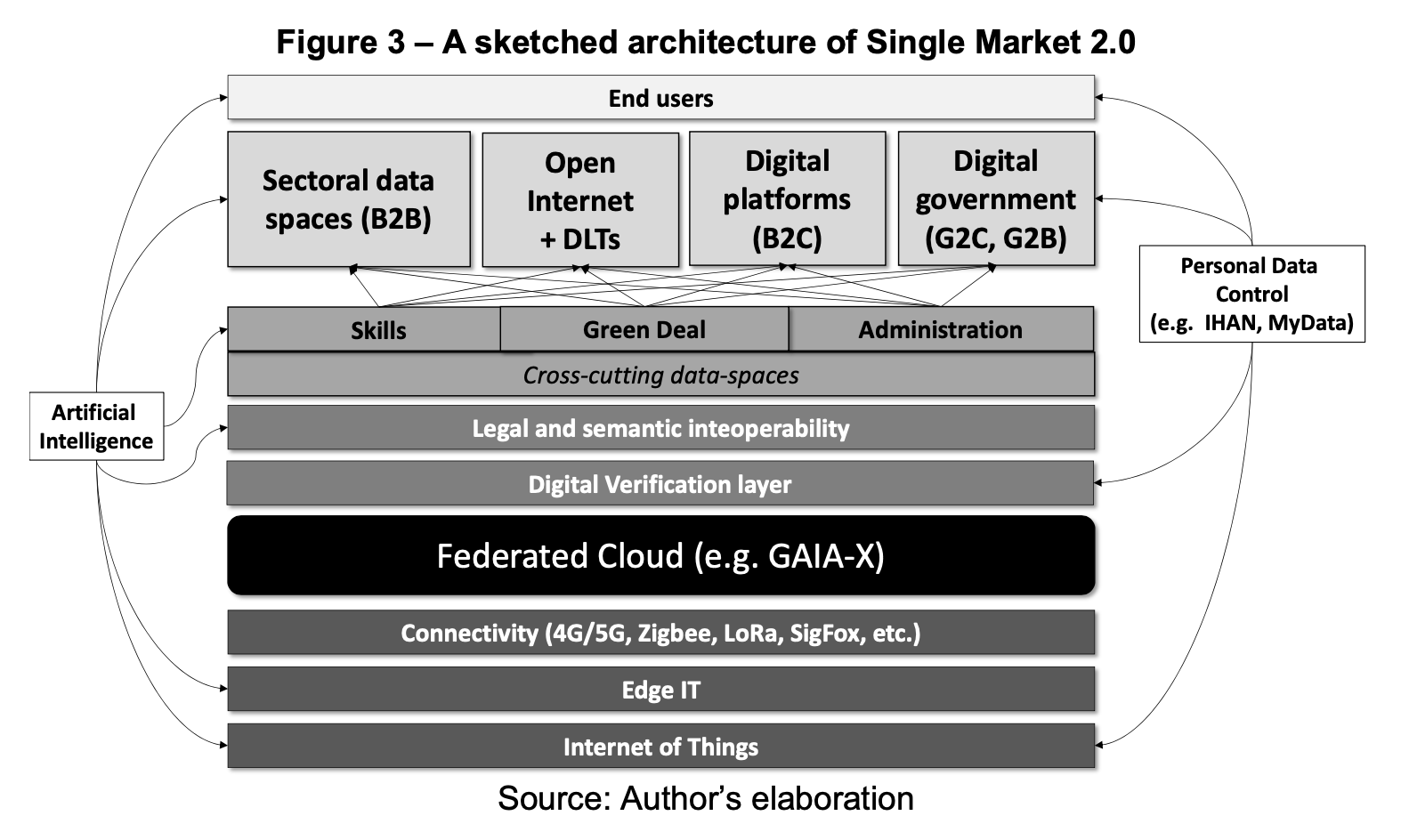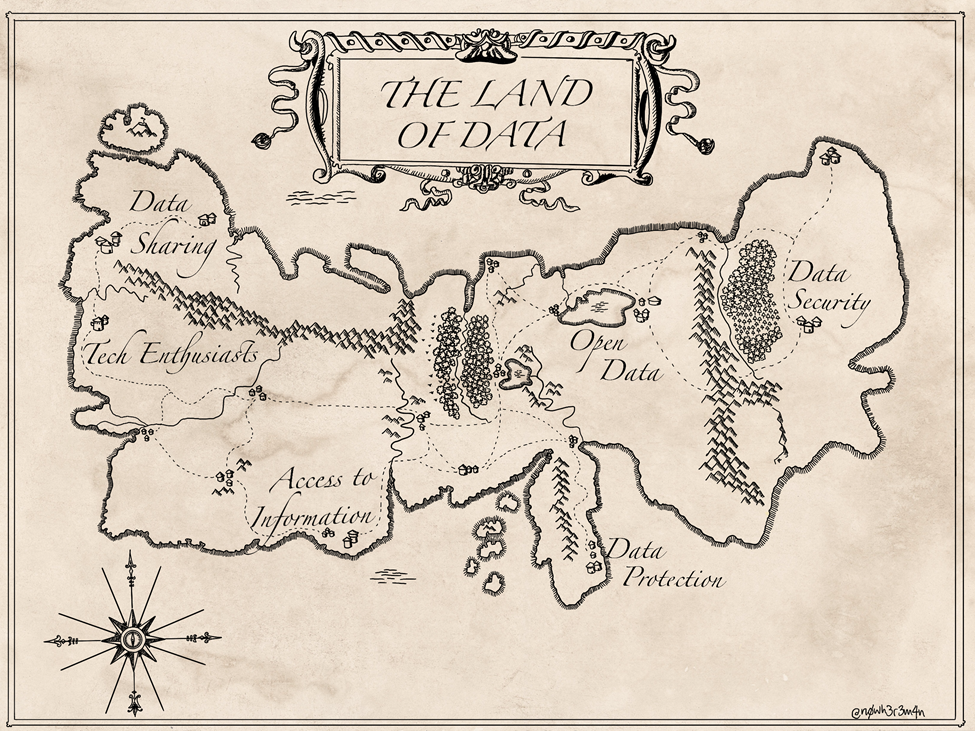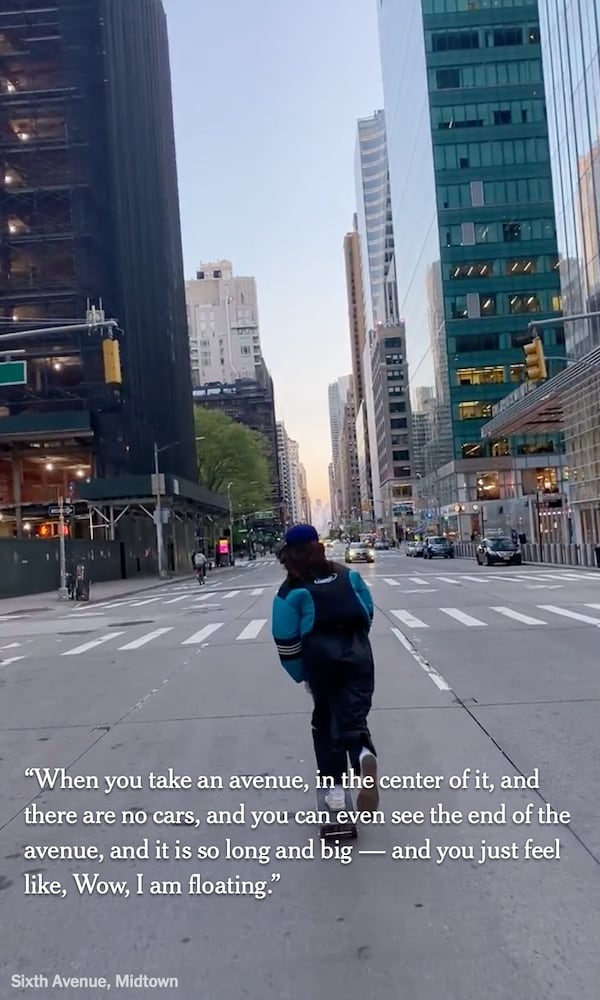Today Germany finally published its long awaited proposal for implementing Article 17 into national law. Back in April of last year, at the occasion of the final vote for the DSM directive, Germany had issued a statement in which it hat expressed the intention to implement the directive in a way that would avoid upload filters. And while today’s proposal breaks this promise (unsurprisingly there wil be filters) it reflects an honest intention to avoid their use as much as possible.
Diverging from the approach followed by all other Member States so far, Germany is proposing to implement Article 17 in a stand-alone law, the “Gesetz über die urheberrechtliche Verantwortlichkeit von Diensteanbietern für das Teilen von Online-Inhalten” or “UrhDaG” for short.
This proposed new law goes beyond merely transposing Art 17 and adds a number of interesting (and potentially controversial) provisions, which seem to be designed to strengthen the position of both users and individual creators. These include the addition of a remunerated de-minimis exception intended to safeguard common types of so-called “user generated content” (§6), the ability for uploaders to “pre-flag” legitimate uses of protected works in their uploads (§8), and the addition of a direct remuneration right intended to ensure that individual creators benefit from the new legal regime (§7).
Leaving aside any ideological preferences, the most notable thing about the German proposal is that it feels like the first attempt so far to make Article 17 “work”. The Ministry of Justice has clearly put a lot of thought into how the provisions would affect uploaders, creators, other rightholders and service providers. This has resulted in a proposal that imagines Article 17 working in a specific way, which is the complete opposite of the proposals we have seen form other member states that simply implement the often contradictory provisions of the directive and leave it to platforms and rightholders to resolve the mess. If nothing else, the ministry deserves to be applauded for this willingness to make choices.


